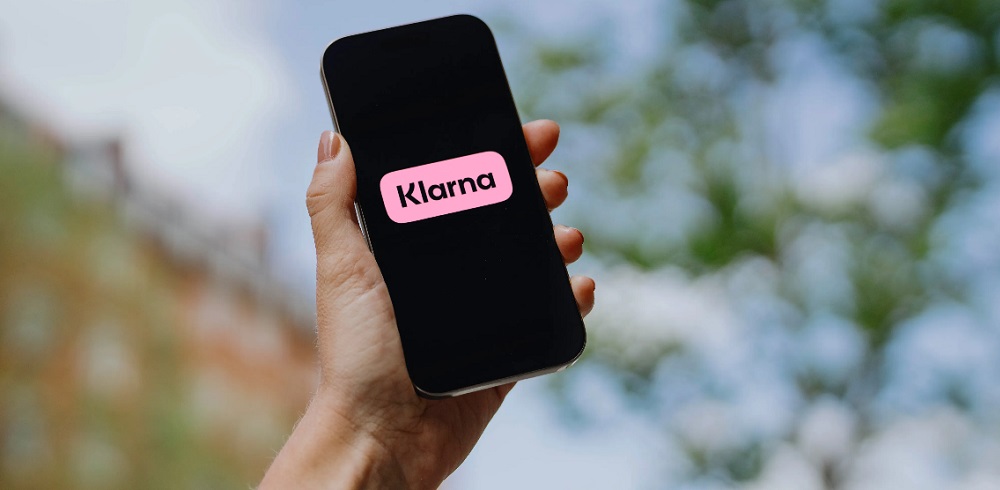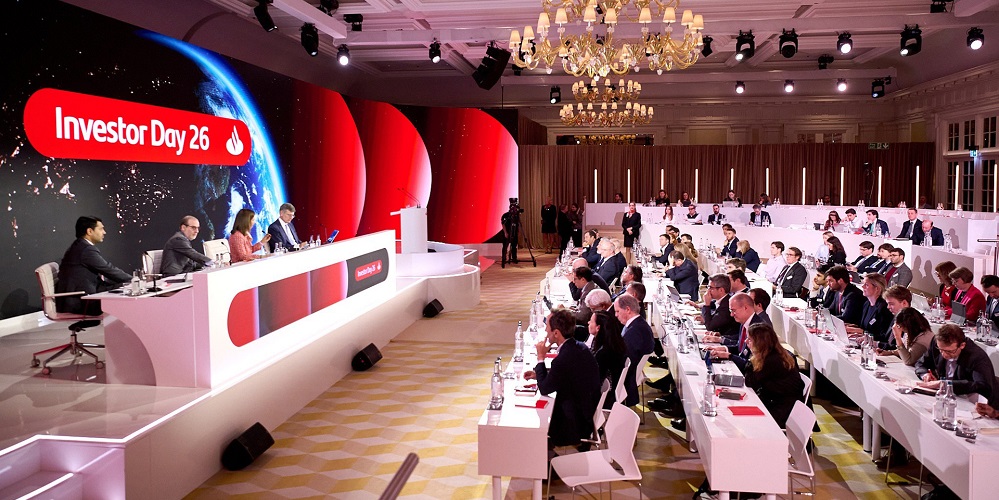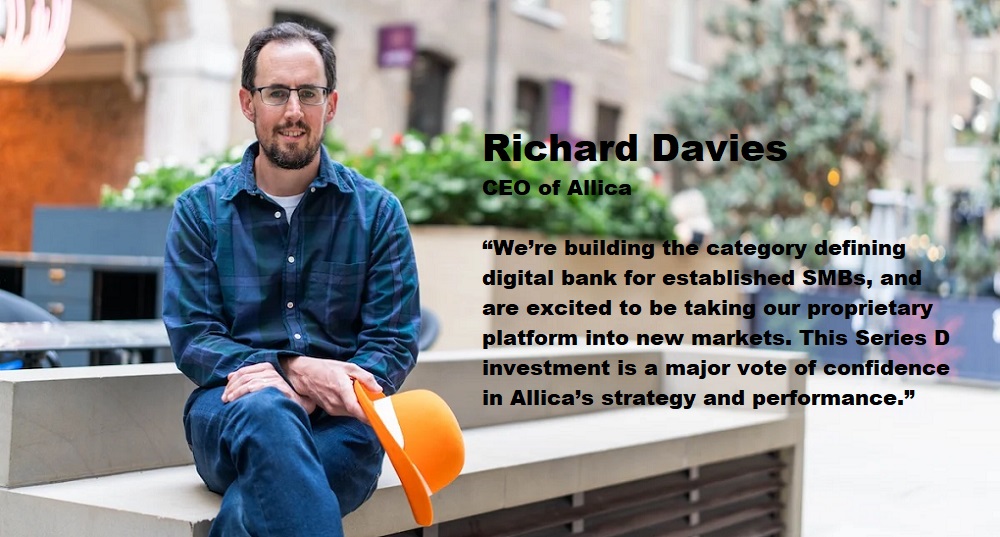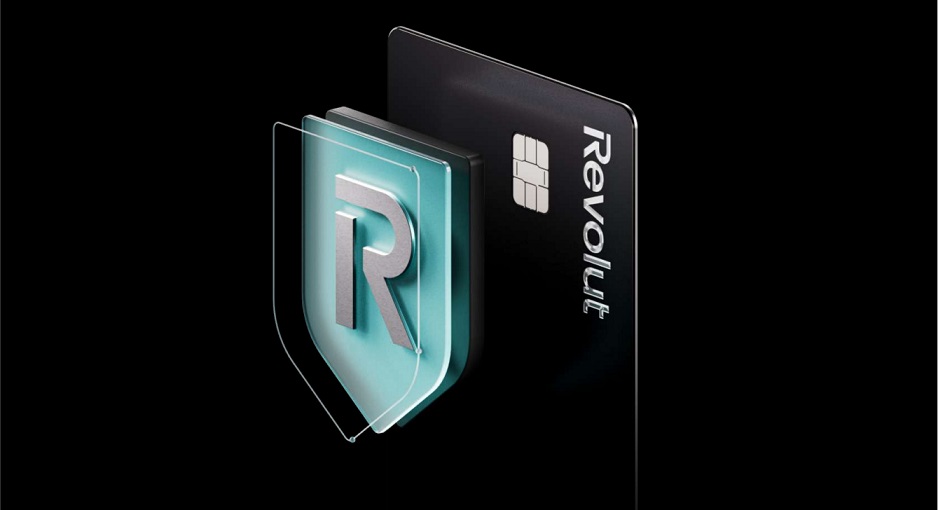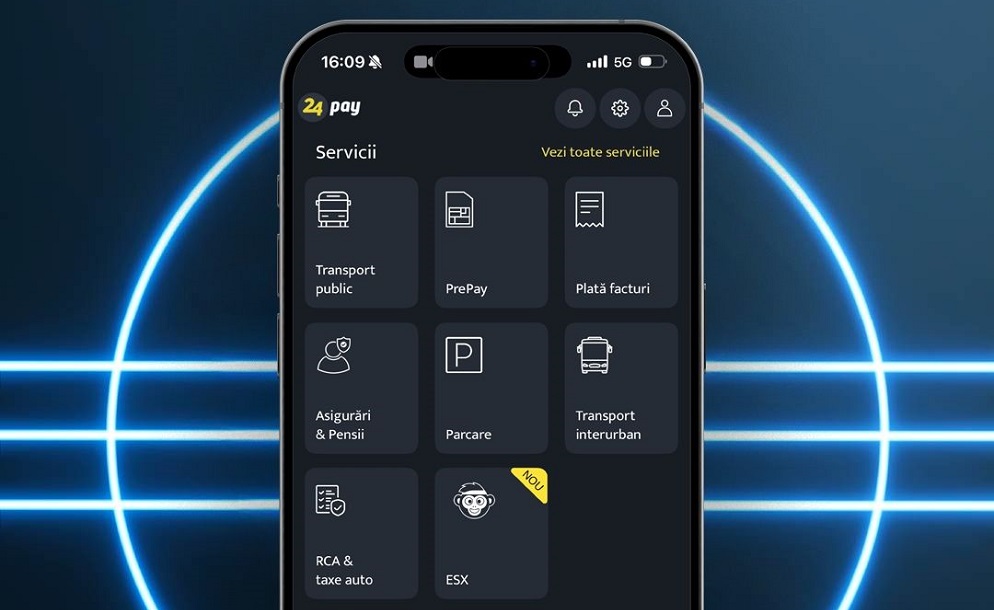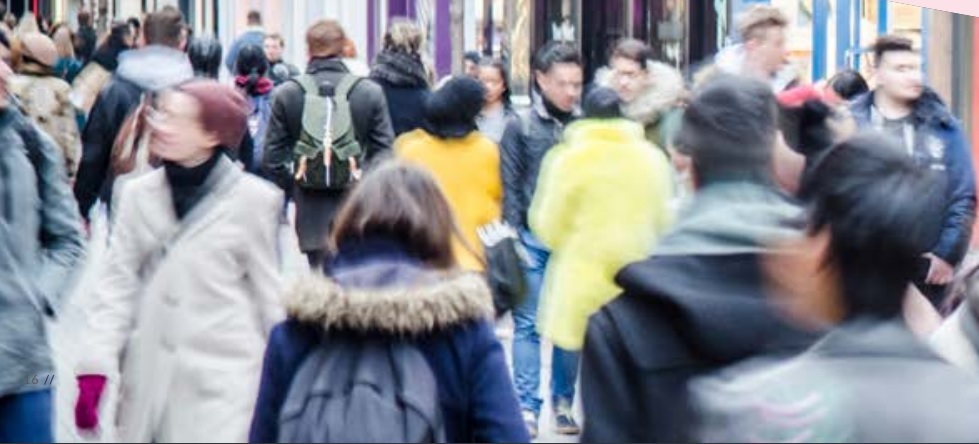Mastercard has launched the Global Financial Health Coalition
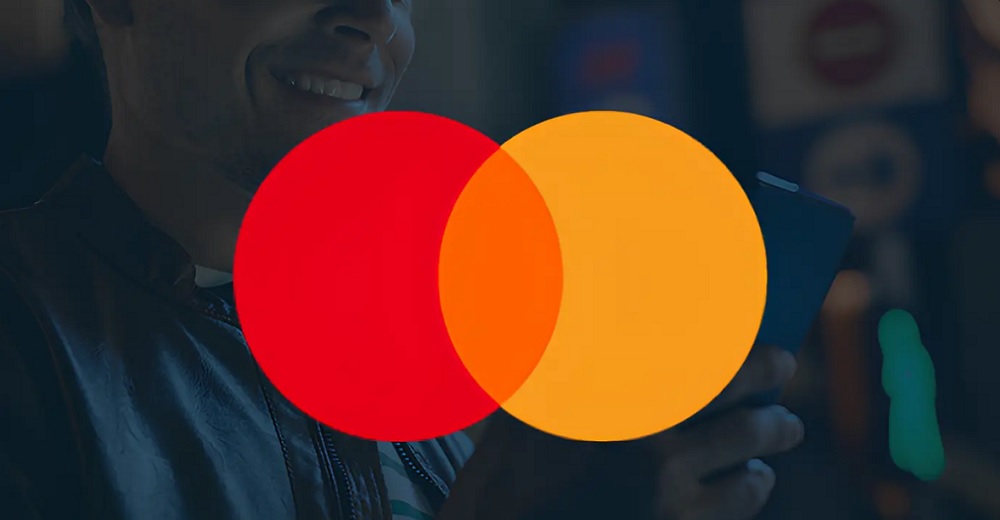
With 2.1 billion people still underbanked or unbanked, a new coalition aims to close the gap between access and true financial health.
As the world grows ever more connected, access to financial tools has expanded dramatically. Today, 79% of adults worldwide have a bank account, an increase from 51% in 2011. This is a remarkable gain. Yet 2.1 billion adults remain underbanked or unbanked, according to the World Bank’s Global Findex 2025, and for many who have entered the formal financial system, true financial resilience is still out of reach.
Digital transformation across the world has played a key role in expanding access to financial tools. More than 85% of adults in low- and middle-income countries have mobile phones — 75% of which are smartphones — fueling the demand for simple, secure banking and payment experiences.
Despite this increased connectivity, billions of people still face the daily stresses of being underbanked or unbanked. In low- and middle-income economies, only slightly more than half of all adults could reliably come up with extra money within 30 days to deal with an emergency such as a job loss, illness or natural disaster, the Findex found. This signals a critical gap: Access to financial tools alone is not enough to foster long-term resilience. According to a recent Mastercard white paper, consumers’ lack of awareness and trust can be key barriers to ongoing usage of financial tools.
„We must ensure that individuals are not just connected to the digital economy, but empowered and protected — with the tools, trust and capabilities to actively participate, transact, save and grow. The digital transformation has driven unprecedented access — and it holds the key to unlocking meaningful financial well-being for all.” – Mastercard said.
„That’s why at the ASEAN Inclusive Growth Summit, hosted by the Mastercard Center for Inclusive Growth in Kuala Lumpur, we launched the Global Financial Health Coalition, a diverse network of financial institutions, NGOs, telcos, wallet providers and industry leaders, to bring together leaders across the ecosystem to share insights that help move consumers and micro- and small businesses beyond access and toward overall financial health and the ability to withstand and navigate shocks. Our goal is to foster an environment where innovation is responsible, users are protected, and everyone has the tools and knowledge to thrive.” – Mastercard added.
The Coalition brings together the expertise of members, including DANA, GCash, TrueMoney, MTN Group Fintech, MOCO, Axian, Daviplata, and The Center for Financial Inclusion, who are leading the way in developing solutions that address both local needs and global challenges. Guided by three core principles — connecting people to the right financial tools, harnessing technology to protect them as they engage, and empowering their journey toward financial well-being — the Coalition will share best practices to build trust and embrace innovation.
Mastercard believes that this approach will help millions of people and small businesses participate in the digital economy with confidence — by adopting healthy financial behaviors, building financial resilience and accessing the tools they need to thrive. In Southeast Asia, for instance, wallet providers are already connecting aspirations with opportunity, empowering micro-, small and medium-sized enterprises and driving innovation. In Africa and Latin America, cross-sector partnerships are expanding financial access and capability.
„By convening diverse voices, we can connect people and businesses to opportunity and protect their ability to thrive. Underpinned by trust and inclusion, we are reimagining what’s possible for the digital economy.” – Mastercard concluded.
Dariusz Mazurkiewicz – CEO at BLIK Polish Payment Standard
Banking 4.0 – „how was the experience for you”
„To be honest I think that Sinaia, your conference, is much better then Davos.”
Many more interesting quotes in the video below:
